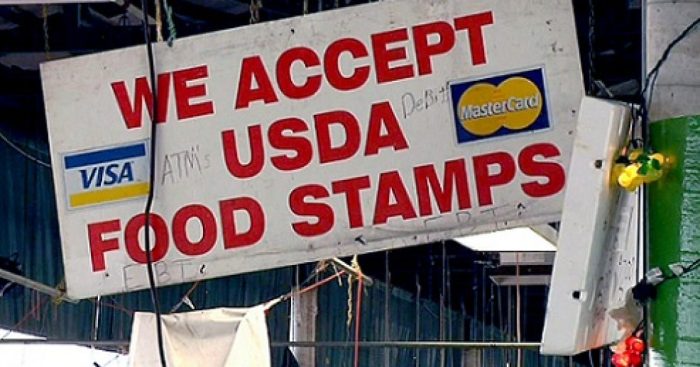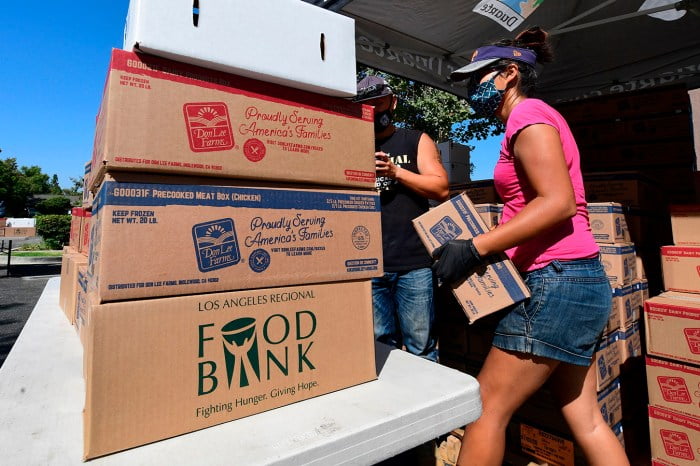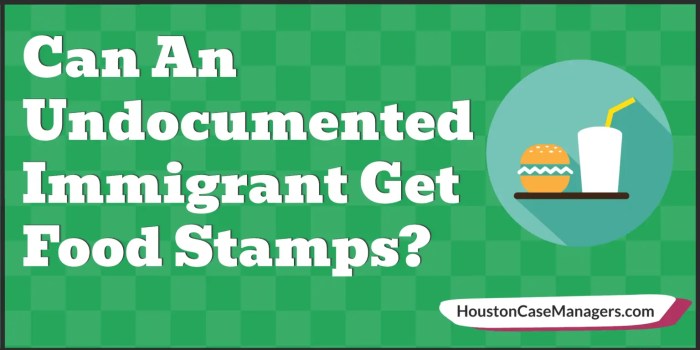The topic of food stamp eligibility for illegal immigrants is a complex and multifaceted one, with both legal and humanitarian implications. In this comprehensive guide, we will delve into the eligibility criteria, potential consequences, and alternative assistance programs available to undocumented individuals seeking food assistance.
To establish eligibility for food stamps, individuals must meet specific citizenship and immigration status requirements. We will examine the documentation necessary to prove eligibility and discuss any exceptions or special provisions that may apply to illegal immigrants. Furthermore, we will explore the potential legal and financial repercussions of obtaining food stamps illegally, including fines, deportation, and criminal charges.
Eligibility for Food Stamps

Eligibility for food stamps, also known as the Supplemental Nutrition Assistance Program (SNAP), is determined by several factors, including citizenship and immigration status.
To be eligible for food stamps, individuals must meet specific income and resource requirements. Income limits vary depending on household size and composition. Resources include assets such as cash, savings accounts, and vehicles.
Citizenship and Immigration Status
US citizens and permanent residents are generally eligible for food stamps. However, illegal immigrants are typically not eligible for food stamps.
There are some exceptions to this rule. For example, certain non-citizens who are lawfully present in the US, such as refugees, asylees, and victims of human trafficking, may be eligible for food stamps.
Documentation Required
To establish eligibility for food stamps, individuals must provide documentation of their identity, income, and resources. This may include:
- Social Security number
- Proof of income, such as pay stubs or bank statements
- Proof of resources, such as bank account statements or vehicle registration
- Proof of citizenship or immigration status, such as a birth certificate or green card
Individuals who are not able to provide all of the required documentation may still be eligible for food stamps through a process called “expedited certification.”
Prevention and Enforcement
To combat illegal food stamp usage, government agencies have implemented various measures. These include enhancing application screening processes, employing data analytics to detect fraud patterns, and collaborating with law enforcement to investigate and prosecute cases.
Screening and Verification
Prevention begins with stringent application screening. Agencies verify applicant information against databases to cross-check eligibility and identify potential discrepancies. Additionally, biometric data like fingerprints and facial recognition are used to prevent multiple applications from the same individual.
Data Analytics and Fraud Detection
Advanced data analytics tools play a crucial role in detecting fraudulent activity. Agencies analyze spending patterns, compare data with other government databases, and employ machine learning algorithms to flag suspicious transactions and identify high-risk individuals.
Law Enforcement Involvement
Law enforcement agencies are actively involved in investigating and prosecuting food stamp fraud. They conduct undercover operations, interview witnesses, and gather evidence to build cases against individuals and organized groups involved in illegal activities.
Effectiveness of Prevention and Enforcement Strategies
The effectiveness of these strategies is evident in the declining rates of food stamp fraud. Enhanced screening and verification processes have reduced the number of ineligible applicants, while data analytics and law enforcement involvement have led to increased detection and prosecution of fraud cases.
Alternative Assistance Progs

introductory paragraphs
Soup Kitchens
introductory paragraphs
- No income or eligibility requirements.
- Provide free hot or cold prepared food.
- Often open during specific hours, such as lunch or dinner.
- May offer additional services, such as job training or counseling.
Food Pantries
introductory paragraphs
- Provide free food items, such as canned goods, dry goods, and produce.
- May require income or eligibility requirements.
- Typically have set distribution schedules.
- May offer additional services, such as food preparation classes or nutritional counseling.
Other Community Assistance
introductory paragraphs
- Churches, non-profits, and community organizations may offer free or low-cost food assistance.
- May provide food items, prepared food, or gift certificates to local grocery stores.
- Eligibility and services vary depending on the organization.
Effectiveness of Alternative Assistance
introductory paragraphs
- Studies have shown that food assistance programs can help reduce hunger and food insufficiency.
- Can improve overall health and well-bei, as well as reduce the risk of diet-related health problems.
- Can provide a safety net for low-income individuals and families, helping to prevent homelessness and food instability.
Final Conclusion

In conclusion, the issue of food stamp eligibility for illegal immigrants raises important questions about social welfare, immigration policy, and the role of government assistance. By understanding the eligibility criteria, potential consequences, and alternative assistance programs available, we can make informed decisions about how to address this complex and often controversial topic.
Answers to Common Questions
Can illegal immigrants receive food stamps in any circumstances?
In general, illegal immigrants are not eligible for food stamps. However, there may be exceptions for certain categories of individuals, such as children who are U.S. citizens or legal permanent residents.
What are the consequences of receiving food stamps illegally?
The consequences of receiving food stamps illegally can include fines, deportation, or criminal charges. The severity of the punishment will depend on the specific circumstances of the case.
What alternative assistance programs are available to illegal immigrants?
There are a number of alternative assistance programs available to illegal immigrants, including soup kitchens, food pantries, and community outreach programs. These programs typically offer food, clothing, and other essential services to low-income individuals, regardless of their immigration status.